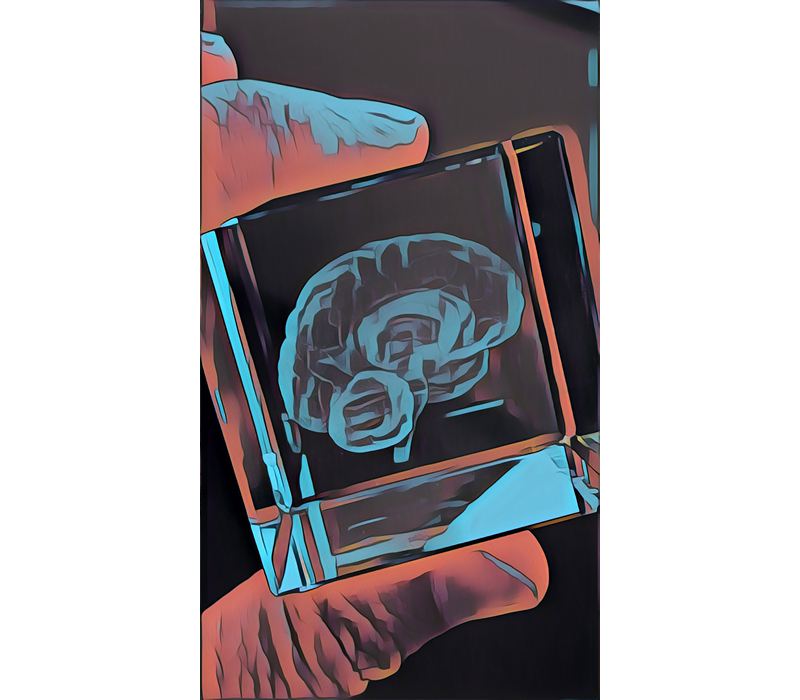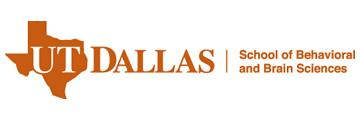When people sustain head trauma, the brain can be affected in two primary ways:
- grey matter can be damaged and
- white matter connections can be impaired.
These disruptions often cause people to have difficulty maintaining attention, managing information, and remembering. These cognitive challenges lead to difficulties with daily life tasks such as cooking, packing for travel, and scheduling.
We are studying and trying to improve outcomes after traumatic brain injuries. We focus on both civilian and veteran populations who have sustained head trauma. To better understand impairments and cognitive improvement after rehabilitative training, we use imaging measures (fMRI, tractography, and connectivity) along with neuropsychological testing. We have also carried out studies of analogical reasoning, metaphor comprehension, and social cognitive functioning in populations with traumatic brain injuries.




